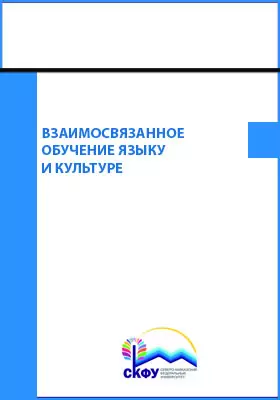Взаимосвязанное обучение языку и культуре : сборник текстов на иностранном языке
Форматы: PDF
Издательство: Северо-Кавказский Федеральный университет (СКФУ)
Год: 2015
Место издания: Ставрополь
Страниц: 145
Артикул: 11500
Возрастная маркировка: 16+
Краткая аннотация книги "Взаимосвязанное обучение языку и культуре"
Пособие оставлено в соответствии с требованиями ФГОС ВО и представляет собой сборник текстов европейских и американских ученых – методологов языкового образования и ориентировано как на аудиторную, так и на самостоятельную работу, а также знакомит студентов с последними зарубежными тенденциями в теории и практике обучения иностранным языкам. Предназначено для студентов, обучающихся по специальностям 45.04.02 – Лингвистика (магистерская программа «Взаимосвязанное обучение языку и культуре») и 44.04.01 – Педагогическое образование (магистерская программа «Обучение иностранному языку в диалоге культур»).
Содержание книги "Взаимосвязанное обучение языку и культуре"
Предисловие
Text 1. Stephen Krashen. Principles and Practice in Second Language Acquisition
Text 2. Stephen Krashen. Interactions among Approaches to Practice
Text 3. H. Douglas Brown. Approaches to Teaching
Text 4. H. Douglas Brown. English Language Teaching in the “Post-Method” Era: Toward Better Diagnosis, Treatment, and Assessment
Text 5. Jack C. Richards. Theories of Teaching in Language Teaching
Text 6. Dianne Larsen-Freeman. Communicative Language Teaching
Text 7. Dianne Larsen-Freeman. Reviewing the principles
Text 8. Dianne Larsen-Freeman. Reviewing the Techniques and the Materials
Text 9. Dianne Larsen-Freeman. Content-based, Task-based, and Participatory Approaches
Text 10. Dianne Larsen-Freeman. Task-based Instruction
Text 11. Dianne Larsen-Freeman. Participatory Approach
Text 12. P. Curran. Reflections on Language Learning
Text 13. P. Curran. Task-Based Learning (TBL)
Text 14. P. Curran. Examples of Task-Based Learning
Text 15. P. Curran. Selecting and Using Materials
Text 16. Penny Ur. Teaching Vocabulary
Text 17. Penny Ur. Teaching Grammar
Text 18. Penny Ur. Topics, Situations, Notions, Functions
Text 19. Penny Ur. Teaching Speaking
Text 20. Penny Ur. Teaching Reading
Text 21. Penny Ur. Teaching Writing
Text 22. Luke Meddings and Scott Thornbury. Teaching. Unplugged
Литература
Все отзывы о книге Взаимосвязанное обучение языку и культуре : сборник текстов на иностранном языке
Отрывок из книги Взаимосвязанное обучение языку и культуре : сборник текстов на иностранном языке
32Zahorik includes operationalizing learning principles, following a tested model, and doing what effective teachers do, as examples of science-research conceptions.OPERATIONALIZING LEARNING PRINCIPLESThis approach involves developing teaching principles from research on memory, transfer, motivation, and other factors believed to be important in learning. Mastery learning and programmed learning are examples of science-research conceptions of teaching in general education. In TESOL, Audiolingualism, Task-Based Language Teaching, and Learner Training represent applications of learning research to language teaching.Audiolingualism was derived from research on learning associated with behavioral psychology. Laboratory studies had shown that learning could be successfully manipulated if three elements were identified: a stimulus, which serves to elicit behavior; a response, triggered by a stimulus; and reinforcement, which serves to mark the response as being appropriate (or inappropriate) and encourages the repetition (or suppression) of the response in the future. Translated into a teaching method this led to the Audiolingual Method, in which language learning was seen as a process of habit formation and in which target-language patterns were presented for memorization and learning through dialogs and drills.A more recent example of attempts to develop a teaching methodology from learning research is referred to as Task-Based Language Teaching. Proponents of Task-Based Language Teaching point out that second language acquisition research shows that successful language learning involves learners in negotiation of meaning. In the process of negotiating with a speaker of the target language, the learner receives the kind of input needed to facilitate learning. It is proposed that classroom tasks which involve negotiation of meaning should form the basis of the language teaching curriculum, and that tasks can be used to facilitate practice of both of language forms and...
С книгой "Взаимосвязанное обучение языку и культуре" читают
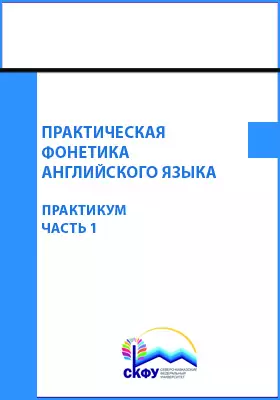
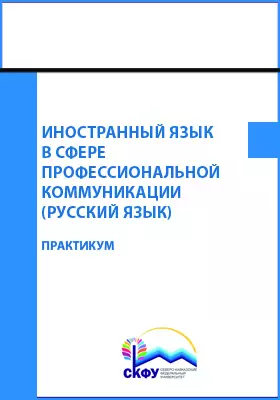
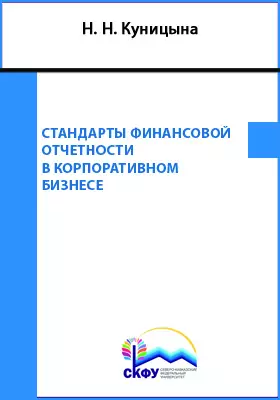
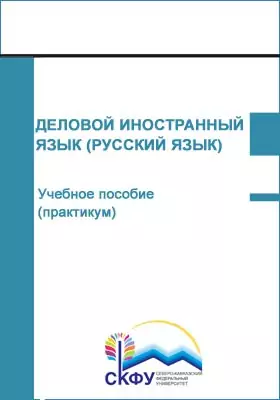

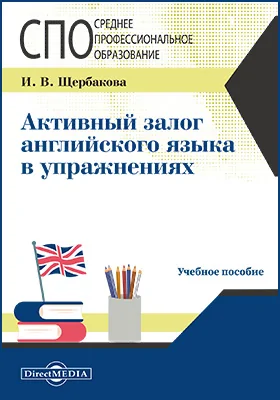
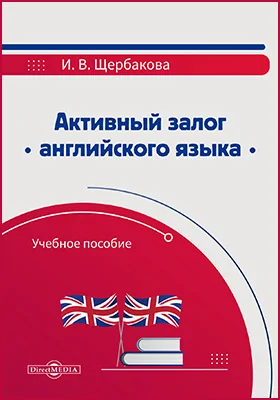
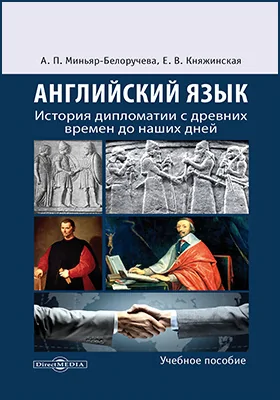
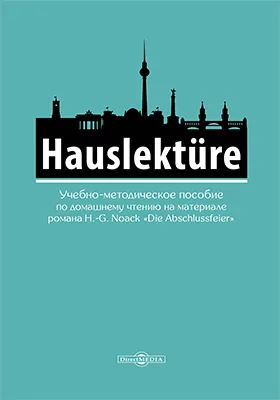




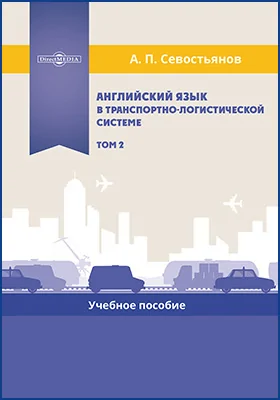
Бестселлеры нон-фикшн


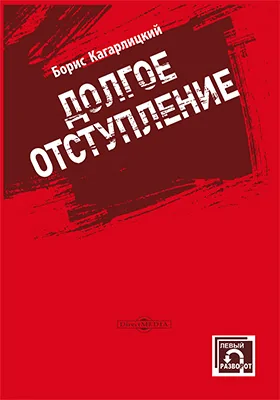
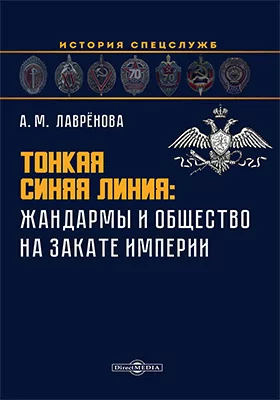

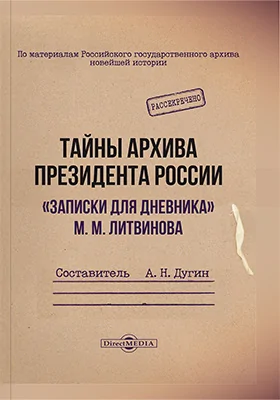
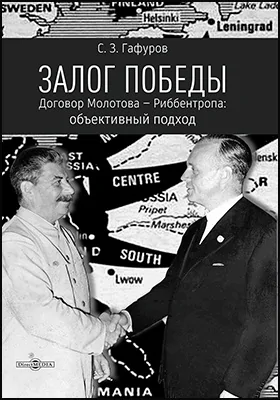
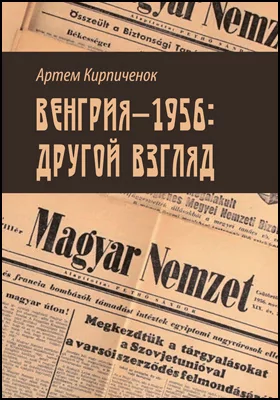
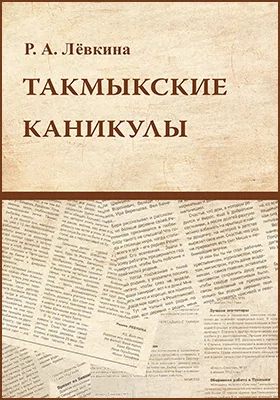
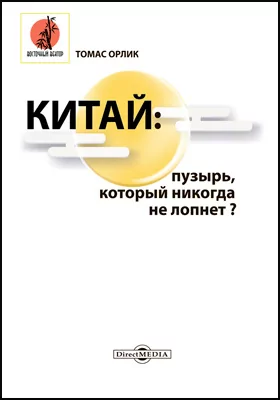


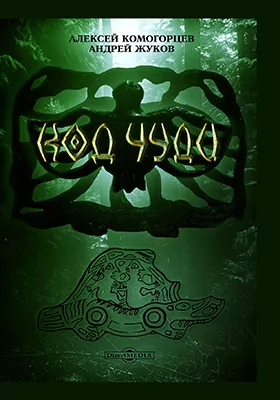
Новинки книги нон-фикшн

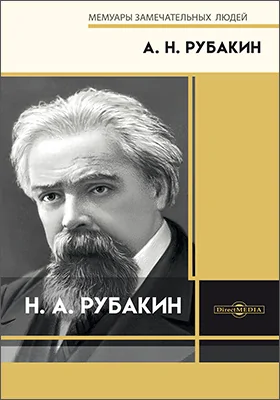



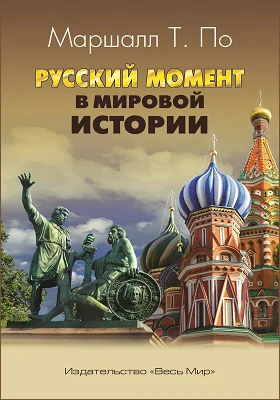

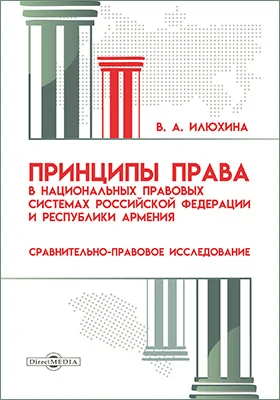
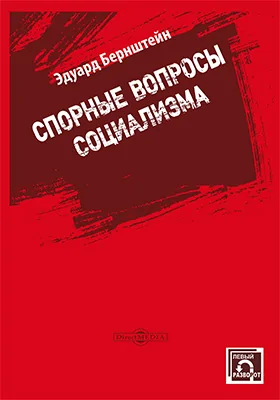
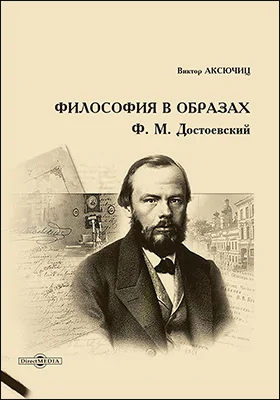
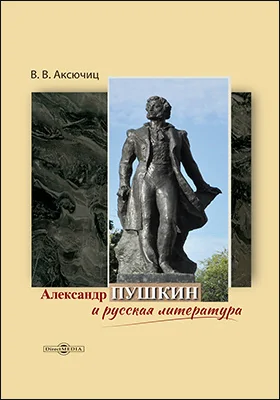
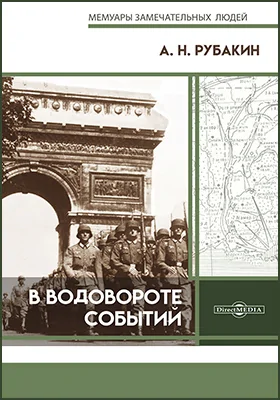

и мы свяжемся с вами в течение 15 минут
за оставленную заявку

